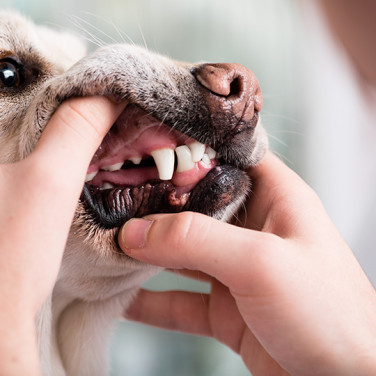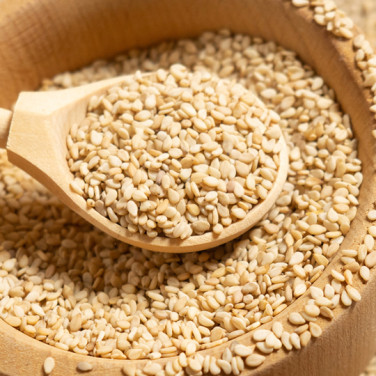FOOD
Can Dogs Have Vinegar? Benefits and Risks When Feeding Vinegar For Dog…
페이지 정보
본문


Can Dogs Have Vinegar? YES!
Vinegar is a food that can provide several health benefits to dogs. The acidity of vinegar helps keep their skin healthy and internally, it has various advantages such as promoting digestion and strengthening the immune system. However, dogs may not prefer vinegar due to its distinct taste and smell. Due to its high acidity, it also may not be suitable for dogs with sensitive stomachs. Therefore, it is important to consider some of the cautions we have written for you when feeding vinegar to your dog.
Nutritional benefits of vinegar for dogs
Vinegar contains vitamin C and polyphenols, which protect cells from oxidative stress and enhance the immune system. It also contains various minerals such as calcium, potassium, magnesium, phosphorus, sodium, and iron, fulfilling the necessary bodily functions.
The following are the health benefits of vinegar due to its various nutrients:
-
Strengthening the immune system
Vinegar contains natural enzymes that can strengthen a dog's immune system, helping maintain healthy blood sugar levels when consumed in small amounts.
-
Improving gut health
Unfiltered apple cider vinegar contains beneficial bacteria that can improve a dog's gut flora, positively influencing their ability to fight intestinal infections.
-
Preventing obesity
The acetic acid in vinegar can help burn body fat and promote digestion, lowering cholesterol levels.
-
Balancing pH levels
A dog's skin is typically maintained within a pH range of 5.5 to 7.2. If a dog deviates from this normal range, it can become susceptible to itching, skin infections, urinary tract infections, and other negative environmental factors. Apple cider vinegar is usually slightly acidic. If a dog with higher alkaline pH consumes it, it can help raise the alkaline levels to an optimal range.
What types of vinegar can dogs eat safely?

-
Apple cider vinegar
Apple cider vinegar is the most suitable type of vinegar for dogs to consume. Unfiltered apple cider vinegar is more nutritious than other types.
-
White vinegar
Dogs can safely consume white vinegar, but if they are a smaller breed or have sensitive stomachs or kidney diseases, consuming excessive amounts may cause issues.
-
Red wine vinegar
Red wine vinegar is made by fermenting red grape juice. The main ingredient, grapes, contains toxic substances that can be dangerous for dogs. If a dog consumes red wine vinegar, they may exhibit symptoms of intoxication such as vomiting, diarrhea, weakness, and loss of appetite. Therefore, it is best to avoid feeding any to dogs.
-
Rice vinegar
Rice is a safe food for dogs, so it is acceptable to feed them rice vinegar as well. However, due to its high sugar content, it is recommended to feed only a small amount.
-
Malt vinegar
Vinegar made from barley or corn malt is not safe for dogs with gluten allergies. Feeding it to gluten-sensitive dogs can cause allergic reactions, including skin rashes.
Cautions to consider when feeding vinegar to dogs
The acidity of vinegar can cause digestive problems if dogs consume it in excessive amounts. The acetic acid and tartaric acid in vinegar can cause gastrointestinal disorders in dogs with sensitive stomachs, leading to symptoms such as loss of appetite, vomiting, and diarrhea. In severe cases, it can damage a dog's internal organs, so only small amounts should be fed.
How to safely serve vinegar to your dog

Out of the vinegar that is safe to feed your dog, ensure that the vinegar you are serving is organic. Processed vinegars that have been stripped of their enzymes are not beneficial to a dog's health. We would recommend apple cider vinegar for dogs as it is the most palatable and beneficial out of all the vinegar edible to dogs.
Do not feed the vinegar concentrate directly to your dog. The high acidity of the vinegar concentrate can irritate your dog's stomach and potentially cause digestive problems. When serving, simply add no more than 1 teaspoon of vinegar to their water bowl or let it soak in their meal.
Curious if you can give your dog other foods besides vinegar?

Does your dog also look up at you with those puppy dog eyes whenever you are snacking on something? You know foods like chocolates should not be shared with them but do you search the Internet every time if it’s okay to share a bite of whatever you are eating? The Buddydoc Food Dictionary provides information on hundreds of foods that we consume and informs you whether it is safe for them to consume and the nutritional benefits for your pet. If you're curious about other foods, try searching on Buddydoc!













